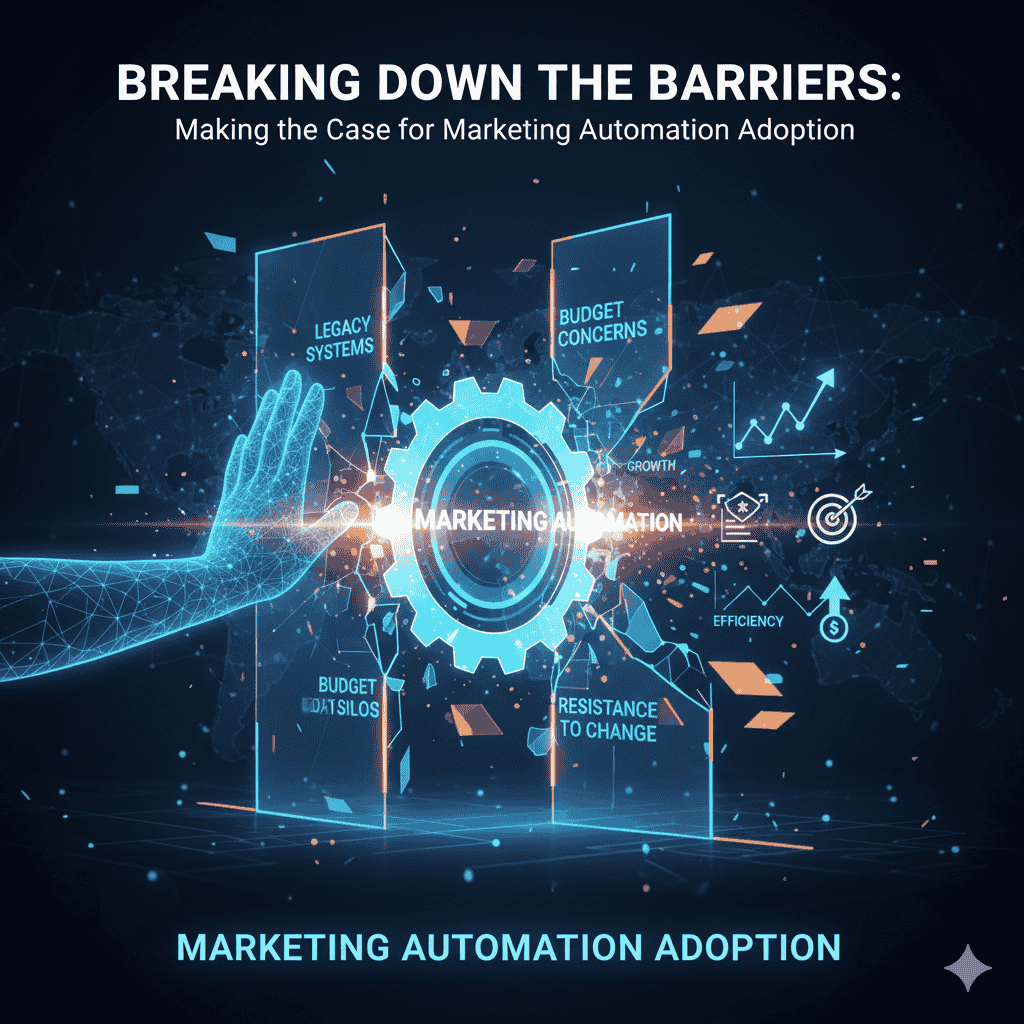As the digital landscape continues to evolve, the approach to marketing must transform alongside it. A robust and effective marketing strategy requires not only creativity and insight but also a well-structured technology stack. The right combination of tools can enhance efficiency, improve customer engagement, and drive conversions. Here’s a closer look at how to build a tech stack that delivers results in the future of marketing.
Understanding the Tech Stack Paradigm
A marketing tech stack comprises various tools and technologies that help businesses manage, execute, and analyze their marketing campaigns. This includes Customer Relationship Management (CRM) systems, email marketing platforms, social media management tools, analytics software, and content management systems. The integration of these tools is crucial for creating a seamless experience that aligns with customers’ expectations.
Key Components of a Successful Marketing Tech Stack
- Customer Relationship Management (CRM) Tools
A reliable CRM system is the backbone of your marketing stack. It collects and organizes customer data, helping marketers understand customer behavior and preferences. Solutions like Salesforce, HubSpot, and Zoho CRM can offer valuable insights that drive personalized marketing efforts - Content Management Systems (CMS)
A user-friendly CMS facilitates the creation, management, and optimization of content. Platforms like WordPress or Contentful can help marketers deliver high-quality content that engages audiences and improves search engine rankings. - Email Marketing Platforms
Automated email marketing tools such as Mailchimp or ActiveCampaign streamline communications and nurture leads over time. Personalization features enable businesses to tailor content based on user behavior, increasing the chances of engagement. - Social Media Management Tools
As social media platforms continue to be significant marketing arenas, tools like Hootsuite or Buffer help manage, schedule, and analyze social media performance. This ensures consistent brand messaging across various channels. - Analytics and Reporting Solutions
Data is the lifeblood of modern marketing. Tools like Google Analytics and Tableau provide insights into consumer behavior, campaign performance, and ROI, allowing businesses to make data-driven decisions. - Marketing Automation Software
Solutions like Marketo or Pardot enable marketers to automate repetitive tasks, freeing up time for strategic thinking. Automation helps in lead scoring, nurturing campaigns, and targeted advertising, improving efficiency throughout the marketing funnel.
Integrating and Maximizing Your Tech Stack
Merely assembling a collection of technologies is not enough; integration is key. An effective tech stack should allow for interoperability among the different platforms. Here’s how to integrate and maximize your stack:
- APIs and Integration Tools: Utilize APIs or platforms like Zapier to connect disparate systems. This helps in the seamless transfer of data, ensuring that customer information is consistently updated across all platforms.
- Data Centralization: Consolidate data using platforms like Datorama or Segment. This centralization provides a comprehensive view of customer interactions and enhances analytics capabilities.
- Regular Training and Adaptation: The tech landscape evolves swiftly. Regular training for your team on new tools and features ensures that you’re leveraging the stack effectively.
Future Trends Influencing Marketing Tech Stacks
Several trends are shaping the future of marketing tech stacks:
- Artificial Intelligence (AI): AI-driven tools can analyze consumer behavior, predict trends, and enable hyper-personalization. Solutions that incorporate machine learning can improve targeting and enhance customer experiences.
- Customer Experience Platforms: These platforms focus on creating seamless experiences across the customer journey. Integrating experience management tools can help gather feedback and improve brand loyalty
- Omnichannel Marketing: As customers interact with brands across multiple channels, an omnichannel approach is critical. Ensure your tech stack enables consistent messaging and tracking across all platforms.
- Privacy and Data Security: With growing concerns about data privacy, ensure your tech stack complies with regulations such as GDPR and CCPA. Tools that help with data protection and transparency will become increasingly important.
Conclusion
The future of marketing is undoubtedly intertwined with technology. Building a comprehensive, well-integrated tech stack is essential for adapting to the rapidly changing digital landscape. By focusing on the right tools, fostering an integrated approach, and staying ahead of emerging trends, businesses can create impactful marketing strategies that not only meet but exceed customer expectations. In this dynamic environment, those who leverage technology effectively will lead the way in delivering remarkable results.







